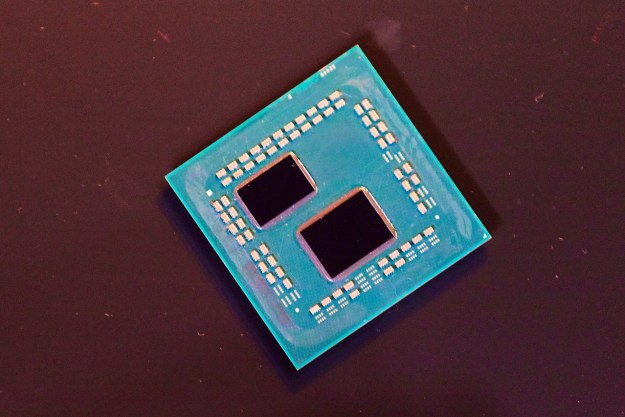
The Email Privacy Act received wide bipartisan support. It was written Kansas Representative Kevin Yoder (R), and received support from Reps. Jared Polis (D-Colo.), Bob Goodlatte (R-Va.), and John Conyers (D-Mich.). It codified the need for the government to seek a warrant when attempting to look through private email.
An earlier statute known as the Electronic Communications Privacy Act was passed in 1986, and acted as the basis for how the U.S. government operated when conducting email surveillance until parts of it were ruled unconstitutional in a 2010 U.S. Circuit Court of Appeals decision.
Before the courts acted, the government could compel a service provider to release your private emails without a warrant. However, the statute’s provisions were convoluted and confusing. As an example, the government’s ability to secure emails without a warrant often depended on the age of the email in question, or whether you had opened it or not.
In the absence of a more detailed legislative framework, email providers began observing a warrant-for-content policy following the 2010 judicial decision.
The new legislation wants to make that decision the law of the land. “It’s common sense legislation that affects every American, and clears up a long-time hole in the law that allowed the Government to intrude on American’s privacy,” Rep. Yoder said on the House floor following its passing.
Yoder’s bill received more co-sponsors — 314 to be exact — than any other House bill in recent history, and received the backing of major Internet companies, including Google, which also lauded its passing and criticized the odd stipulations that the ECPA had in place.
“Users don’t and shouldn’t expect that communications they send through or information they store with a provider will enjoy lower privacy protection based on these arbitrary and nonsensical distinctions,” Google Law Enforcement and Information Security director Richard Salgado said in a statement.
After passing the House on a 419-0 vote, it is expected the Senate will act on the issue in short order. A similar bill is making its way through the Senate, sponsored by Sen. Mike Lee of Utah. The bill may run into trouble there, however, as law enforcement agencies have pressed senators to carve out some exceptions, which the House bill does not do.


